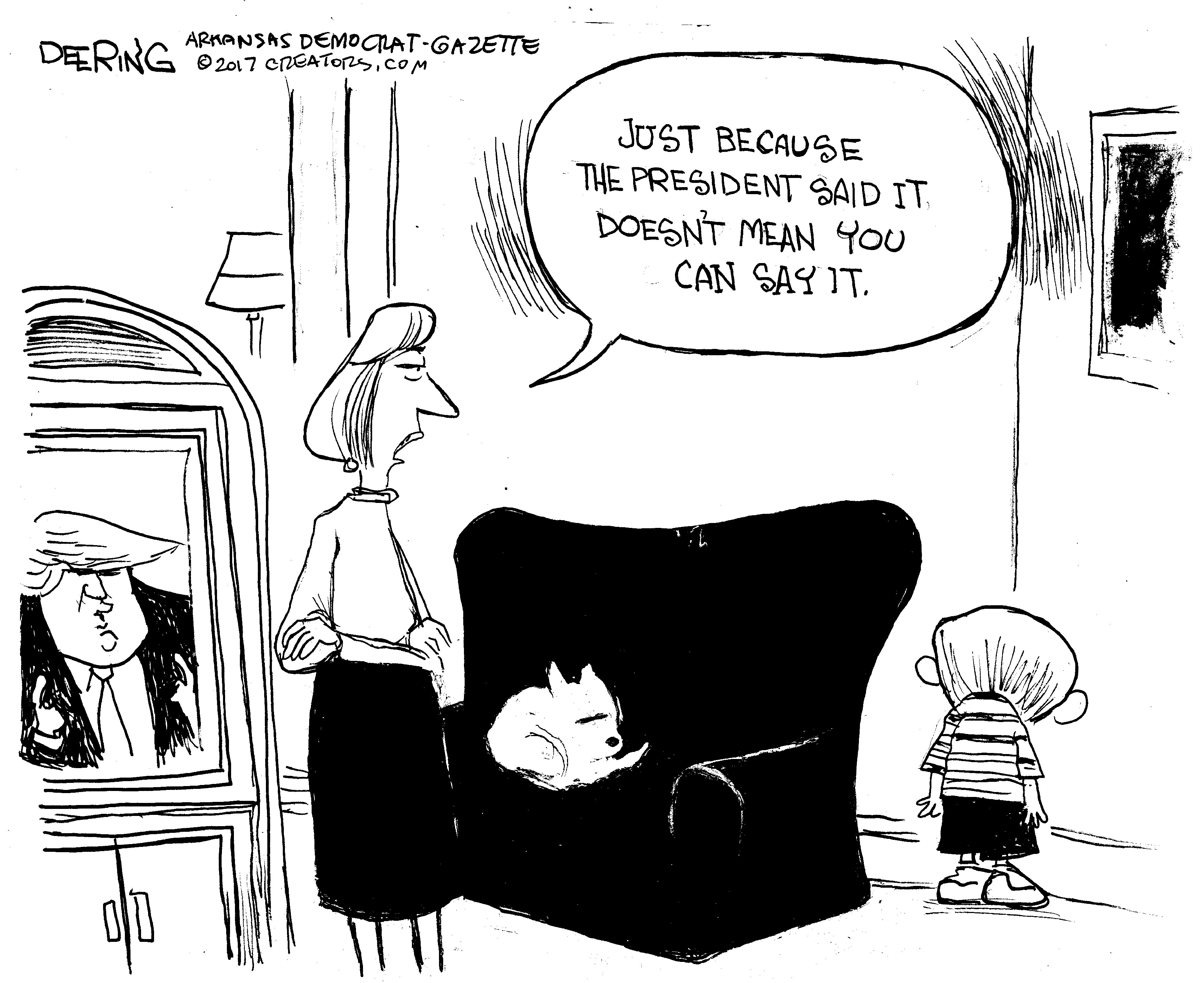
- Select a language for the TTS:
- UK English Female
- UK English Male
- US English Female
- US English Male
- Australian Female
- Australian Male
- Language selected: (auto detect) - EN
Play all audios:
Two weeks ago, I wrote about the controversial articles, allegedly penned by World Chess Champion Alexander Alekhine in the Nazi controlled _Pariser Zeitung _of 1941_. _ Alekhine was,
however, by no means the first World Chess Champion to land himself in very hot water for writing something obnoxious. Emanuel Lasker (pictured above), champion from 1894 to 1921, had, two
and a half decades before Alekhine unwisely dipped his pen in tainted Nazi ink, enraged much of the chess community of his day by his unequivocal support for the war in 1914. Strangely,
Lasker was swiftly forgiven, while the anti-Alekhine boycott of 1946 certainly contributed to that great champion’s premature and tragic death, marooned without resources in Estoril, far
remote from the new centres of post war chess activity. Before focusing on Lasker’s strident and enthusiastic summons to unleash the dogs of war, I would like to make some general comments
on the relative attitude towards the gathering hostilities from the point of view of English, as opposed to German writers and intellectuals. Sir Arthur Conan Doyle cited chess clearly only
once, describing chess skill as the mark of a devious mind, in the Sherlock Holmes story, _The Retired Colourman_. The Great Detective also dined twice at Simpson’s-in-the-Strand, the
traditional home of British chess, and the haunt of such greats as Wilhelm Steinitz and Howard Staunton. Indeed, a famous chess board and pieces, used by the most prominent 19th century
chess champions, including also the American Meteor, Paul Morphy, can still be seen, in pride of place, at the head of the main staircase in Simpson’s. Furthermore, the “Immortal Game” of
London 1851, one of the most brilliant chess victories of all time, was played on Simpson’s hallowed turf. Not to mention that I regard Steinitz, whom Sir Arthur must have seen at first
hand, as a regular denizen at Simpson’s, as the physical template for the irascible Professor George Challenger in Conan Doyle’s _Lost World _adventure. As evidence of Conan Doyle’s attitude
to the war, here are some words from Holmes himself in the 1917 story, _His Final Bow_, where Holmes turns to espionage: “_There’s an east wind coming all the same, such a wind as never
blew on England yet. It will be cold and bitter, Watson, and a good many of us may wither before its blast. But it’s God’s own wind none the less and a cleaner, better stronger land will lie
in the sunshine when the storm has cleared_.” Sir Arthur’s attitude to the war seems, from the tenor of this passage, to be one of stoic acceptance, rather than enthusiastic celebration.
When World War had broken out in 1914 Sir Arthur did his best to enlist in the army, justifying his application with the words: “_I am fifty-five but I am very strong and hardy, and can make
my voice audible at great distances, which is useful at drill_.” His offer was declined but that in no way deterred Sir Arthur from contributing to the war effort in every way available to
him. In fact, he had already been highly pro-active in prophylactic defence of his country, well before war had even broken out. In particular, Conan Doyle had developed a powerful instinct
that conflict was coming after a certain 1911 car rally event in which he had personally participated. That year he had been an entrant in an International Road Competition, patronised and
sponsored by Prince Albert William Henry of Prussia, younger brother of the Kaiser. Described as “The Prince Henry Tour” this was a race designed to test the quality of British automobiles
against their German counterparts. The race route led the participants from Hamburg, Germany, across the continent, to London. Conan Doyle and his wife, Jean, had signed up to form one of
the British driving teams. Each of the ninety cars involved in the contest was accompanied by a military observer from the opposing squad. Conan Doyle was alarmed by the overtly hostile
attitudes of many of those German observers, overhearing much confident talk from them concerning the inevitability of war. The British triumphed in the overall Prince Henry competition, but
most of the British participants came away with the reluctant, but firm, conviction that war between Germany and Great Britain was perilously near. An identical conviction about the
inevitability of war against Germany was expressed by British officers, such as Neville Harvey, who had participated in the Kiel naval regatta of 1914. The peaceful protestations of the
German officer corps were universally, if privately, dismissed as entirely hollow by Harvey and his British compatriots. Alarmed by what he had learned from the Prince Henry Tour, Conan
Doyle decided to investigate German military literature. He quickly arrived at the insight that two new technological weapons, the submarine and the aeroplane, stood out as being crucial
factors in the next war against a rival Great Power. He was, in particular, acutely concerned about the threat of submarines blockading food shipments and vital supplies to Britain. Conan
Doyle went on to endorse the concept of a cross Channel Tunnel, as a way of protecting Britain from this maritime threat. Burrowing between France and England, the tunnel, Conan Doyle
argued, would ensure that Britain could never be isolated from the European mainland during wartime and would offer the prospect of much increased tourism revenues during times of peace.
Convinced that this subterranean resource was a necessary precaution, Conan Doyle eventually opened up his idea to the public in his favoured format of a story. “Danger! Being the Log of
Captain John Sirius” appeared in the July 1914 edition of the _Strand Magazine_. The narrative dealt with a conflict between Britain and a fictional nation, self-evidently Germany, but
thinly disguised as Norland. This potent foe was able to inflict defeat on Britain by exploiting a tightly organised fleet of submarines, armed with the relatively new weapon of the
sea-borne torpedo. Unfortunately, Conan Doyle’s dire predictions were largely ignored, at least by the British Government. It took years for the Admiralty to conceive of the convoy system as
an effective deterrent to submarine attack. German officials, however, were later quoted as saying that the idea of the submarine blockade had only entered their strategic thinking, after
reading Conan Doyle’s own warnings against such an eventuality. How much of that statement was truth, and to what extent it was propaganda, designed to cause conflict, confusion and
recrimination within Britain’s press and governing echelons, is not known. Meanwhile, in German intellectual circles, the inevitability of conflict seemed to have been widely regarded, not
as a subject for warnings and defensive preparations, but, in sharp contradistinction, as a refreshingly liberating, dithyrambic event, one, in fact, devoutly to be wished. “War! It was
purification and a relief which we felt, and an incredible hope.” Thus wrote Thomas Mann about the onset of war, in the autumn of 1914 in his essay “Thoughts in Wartime”. According to Mann,
war was the best thing that could happen to Germany because the “old”, civilised world, “crawling with vermin,” was at its end. Four years later, in his _Reflections of an Unpolitical Man_,
Thomas Mann continued to assert that the war had ignited revolutionary optimism: it reinforced belief in “the human being”, in an “earthly empire of God and of love, and an Empire of
freedom, equality and fraternity”. There can be little doubt concerning the enthusiasm of German intellectuals and artists in general when the First World War broke out. Ernst Toller, for
example, wrote, referring to the first month of the war, “We constantly live in a chauvinist glow. The words ‘Germany’, ‘fatherland’ and ‘war’ are magically attractive to us”. Even the
usually restrained sociologist Max Weber opined gushingly, in a letter of 28 August 1914, “this war is great and wonderful”. Now is the moment to address the literary intervention of the
reigning World Chess Champion at that time. Emanuel Lasker, the German _Weltmeister_, who, as noted above, reigned from 1894 to 1921, was exceptionally keen for Germany to enter the war.
This seems at odds with his prior internationalism, for he had spent much time in Britain, even representing England, rather than Germany, in the great Hastings International Tournament of
1895. Lasker’s immediate response to the outbreak of hostilities was to publish a series of distinctly gung-ho pro-war articles in the autumn of 1914. In one, from 13th September, he stated
that: “the goal of occupation and administration of France by Germans is as sure as mate by rook and king against king”. This is very much a beginners’ checkmate since it is so simple… thus
Lasker succeeded in insulting the French, even more than alienating his former friends, the English, whose flag he had once espoused. Other pieces of wit and wisdom from the World Chess
Champion amounted to additional facile analogies between standard chessboard tactics and real battlefield operations. Lasker may have thought he was being clever, but it all comes across,
not just as infantile, but also callous, implying that the casualties of wooden warriors in chess somehow equated with flesh and blood slaughter at the front. One staunch Englishman, a Mr.
Henry Butler, until that moment Lasker’s friend and a leading official of the Brighton Chess Club, which had organised his King’s Gambit match against the Russian grandmaster Tchigorin in
1903, was so incensed by the articles, that he smashed through a large portrait of Lasker by jumping up and down on it with both feet. It seems strange that a cosmopolitan champion, such as
Lasker, who had dedicated his entire professional career to the virtual warfare of playing chess around the world, London, Paris, St Petersburg, Moscow, Vienna, Berlin, New York and so on
should have become so fervently bellicose. Lasker’s stance, however, was very much the overwhelmingly prevailing norm amongst German intellectuals and the educated elite of his day. The _soi
disant_ “_Aufruf an die Kulturwelt_” of 4 October 1914, was a further pro-war tract, a summons to arms for the world of German culture, signed by no fewer than ninety-three German
intellectuals, scientists and artists, including a number of Nobel prize winners, such as Max Planck. Thomas Mann in his thoughts on the war, “_Gedanken im Kriege_”, published sixty days
after the declaration of war, in the _Neue Rundschau_, lauded the “cleansing of the soul” and “moral regeneration” which the conflict would mystically conjure into being. I believe that such
a mass corralling of the intelligentsia, in order to endorse a bloody war, would have been unthinkable in England. There were, of course, isolated cases of early enthusiasm (Kipling springs
to mind) but I think that the Conan Doyle attitude of “we don’t want to fight, but” was far more typical. Indeed, a positive herd imprimatur by great minds to beckoning carnage would have
resulted in public derision, had some delusional bureaucrat tried to orchestrate something along similar lines in England. I leave the following astonishing last words to the selfsame Thomas
Mann, whose pro-war diatribes also contained some choice opinions about “inferior “races. Just the sort of thing which got Alekhine into trouble. Mann’s utterances cast an extraordinarily
unflattering searchlight onto the mindset of German intellectuals of that time, as first Europe, and then much of the rest of the planet, burst into flames. Mann wrote in his _Observations
of an Unpolitical Man, _coming out as late in the war as 1918: “_There are highly political nations — nations that are never free of political stimulation and excitement, that still, because
of a complete lack of ability in authority and governance, have never accomplished anything on earth and never will. The Poles and the Irish for example. On the other hand, history has
nothing but praise for the organising and administrative powers of the completely non political German nation_.” Thus Thomas Mann. Who would have believed it, but if Mann could indulge in
such outrageous prejudice, it was merely a short step for Lasker to join him. It is a source of amazement to me that such, in other respects, sophisticated intelligences as these could
descend to such crude and banal generalisations. This week’s game is a win by a Polish Grandmaster from the most recent elite online tournament, against the reigning World Chess Champion.
After the game, the President of Poland Andrzej Duda personally congratulated Jan-Krzysztof Duda for his sensational win over Magnus Carlsen.








